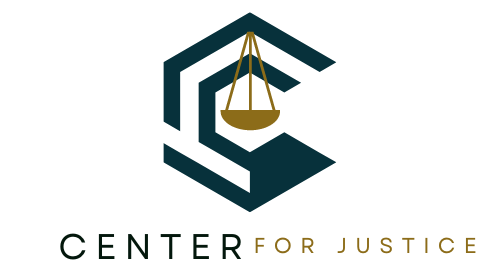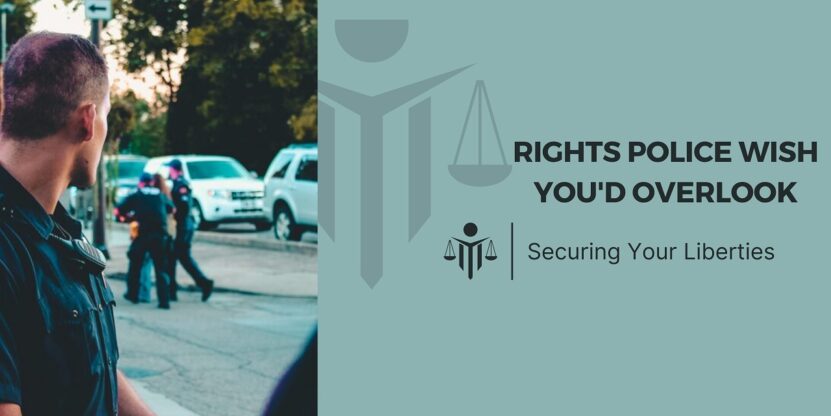In a society built on the principles of freedom and justice, it is crucial to understand and assert your rights, particularly in interactions with law enforcement. The police play a vital role in maintaining law and order, but it is equally important to recognize that they have a vested interest in certain privileges being overlooked.
By familiarizing ourselves with these rights and the tactics the police may employ to undermine them, we can better protect our liberties and ensure a fair and just system for all. Discover 16 crucial police rights authorities prefer to keep hidden. Unveiling these lesser-known rights sheds light on important aspects of law enforcement’s power and responsibilities.
Enhance your understanding of policing dynamics with insights into key legal protections and their implications for accountability and civil liberties. Here are the privileges you have, and are not aware of it:
Right to:
1. Remain Silent
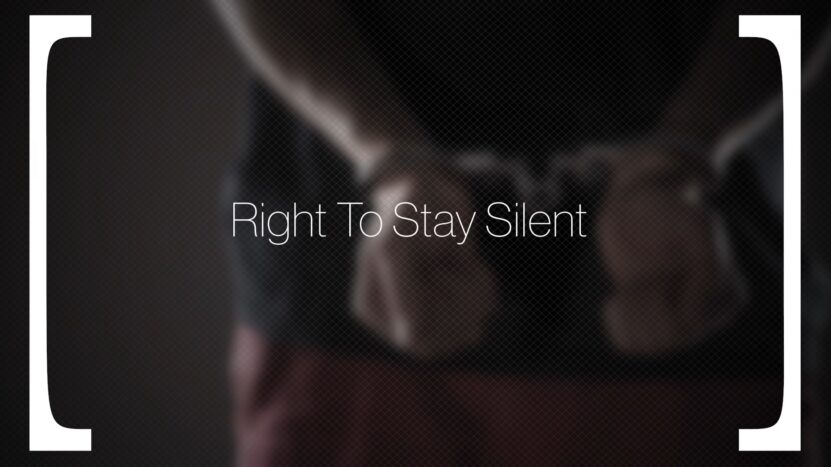
The right to remain silent is a fundamental protection that guards against self-incrimination. When faced with police questioning, invoking this one can safeguard your interests. The importance of this prerogative cannot be overstated.
By remaining silent, you prevent potentially incriminating statements from being used against you in court. Unfortunately, police officers may attempt to discourage individuals from exercising this entitlement.
They may employ persuasive tactics, such as downplaying the consequences of speaking or implying that remaining silent implies guilt. It is crucial to understand that remaining silent is a powerful tool to protect yourself legally, and exercising this privilege should be done without hesitation.
2. Refuse Consent Searches
The right to refuse consent for the police to search your person, vehicle, or property is an essential safeguard against unwarranted intrusions into your privacy. This one here ensures that law enforcement officials cannot conduct searches without probable cause or a valid warrant.
However, police officers may employ various tactics to make you overlook this request. They might present the search as routine or assert that refusing consent will only prolong the encounter.
It is essential to remember that you have the prerogative to refuse consent and that doing so does not imply guilt. By asserting this entitlement, you help protect your privacy and maintain the integrity of the Fourth Amendment.
3. An Attorney
Having the privilege to have an attorney present during police questioning or arrest is a fundamental protection enshrined in the Constitution. Having legal representation safeguards your interests, ensures a fair process, and prevents coercion or abuse.
Unfortunately, police officers may attempt to downplay this one, making individuals believe that an attorney is unnecessary or that it reflects a lack of cooperation. It is crucial to understand that having legal counsel present is your right and exercising it can help you navigate the legal system more effectively.
4. Due Process
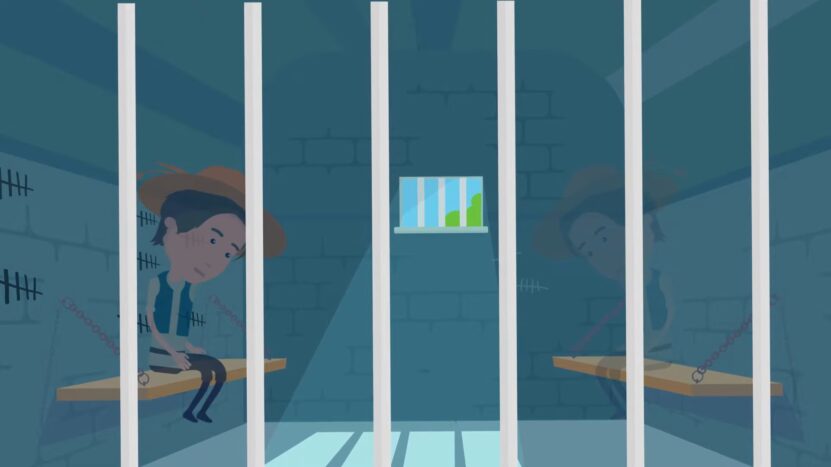
Due process as a concept is at the core of a fair and just legal system. It guarantees that individuals receive fair treatment and have their rights protected during legal proceedings. Due process ensures that no one is deprived of life, liberty, or property without proper legal procedures.
People in charge may wish you’re not aware of this one, particularly in high-pressure situations where expediency may be prioritized over fairness.
It is important to remember that due process safeguards our privileges and ensures the integrity of the justice system. By asserting this particular one, we demand fair treatment and uphold the principles of justice.
5. Record
The right to record interactions with the police has become increasingly important in the digital age. It serves as a vital tool for accountability and transparency, empowering individuals to document potential misconduct and protect their rights.
Despite its importance, police officers may discourage or obstruct this privilege by confiscating or tampering with recording devices, citing safety concerns, or misinterpreting local laws.
It is essential to be aware of your privilege to record, understanding the applicable laws in your jurisdiction, and asserting this right responsibly to hold law enforcement accountable.
6. Privacy
Privacy is a cornerstone of individual freedom and autonomy. It protects us from unwarranted intrusions into our personal lives, including interactions with law enforcement. This one ensures that our personal information, conversations, and actions remain protected unless there is a legitimate reason to invade that privacy.
Unfortunately, the police may attempt to infringe upon this one, particularly in situations where they believe it is necessary for public safety. It is crucial to remember that your privilege to privacy is not easily relinquished and should be protected unless there is a lawful basis to do otherwise.
7. Know the Reason for Arrest
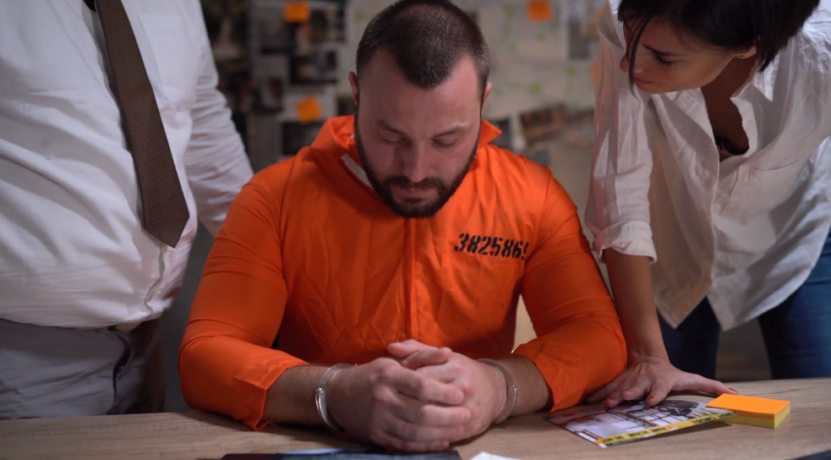
The right to be informed of the reason for your arrest is a vital protection against arbitrary detentions. It ensures that individuals are aware of the allegations against them and can exercise their privileges effectively.
However, police officers may try to withhold this information, especially in situations where they believe it may hinder their investigation or if they suspect individuals are aware of their rights. It is crucial to assert your entitlement to know the reason for your arrest and demand transparency to uphold the principles of justice.
8. Refuse Unreasonable Searches
Refusing unreasonable searches and seizures is closely tied to the Fourth Amendment and protects individuals from invasive and unwarranted intrusions by law enforcement. It requires that searches and seizures be based on probable cause and conducted with a valid warrant.
The police may employ tactics to make you overlook this privilege, such as intimidating language, asserting that refusing the search implies guilt, or exploiting individuals’ lack of knowledge about their rights.
It is important to remember that you have the right to refuse unreasonable searches and assert that one when confronted with such situations.
9. Protection from Excessive Force
The right to be protected from excessive force by law enforcement officers is a critical safeguard against abuse and ensures that encounters with the police do not escalate to unnecessary violence. This right protects individuals from disproportionate actions that may cause harm or infringe upon their constitutional rights.
Unfortunately, police officers may wish you’re not aware of this privilege, particularly in tense situations where emotions run high. It is crucial to remember that you have the right to protection from excessive force, and if you believe that they’re being violated, it is important to seek redress and report any misconduct.
10. Request a Warrant
Requesting a warrant before allowing a search is an essential protection against unwarranted intrusions into your privacy. This right ensures that law enforcement officials have probable cause and judicial authorization to conduct a search.
Faces of authority may attempt to bypass this requirement by using coercive tactics or asserting that obtaining a warrant will only prolong the encounter. It is crucial to assert your entitlement to request a warrant, as it helps maintain the integrity of the legal process and safeguards your privacy.
11. Fair Treatment
The right to fair treatment during interactions with the police is a fundamental principle of justice. It ensures that individuals are treated impartially and without bias, regardless of their race, ethnicity, gender, or any other protected characteristic.
Unfortunately, authorities may try to undermine this by engaging in discriminatory behavior or exercising their authority in a biased manner. It is essential to assert your right to fair treatment and demand equal and just treatment from law enforcement.
12. Refuse Entry to Home
The right to refuse entry to your home without a warrant is a crucial protection against unlawful searches and invasions of privacy. It ensures that law enforcement officials cannot enter your home unless they have obtained a valid warrant or you provide voluntary consent.
The police may attempt to persuade you to forget this privilege by using intimidation, misrepresenting their authority, or misinterpreting the circumstances. It is important to know your rights and assert them to refuse entry unless a warrant is presented.
13. Non-Discriminatory Treatment
The right to be treated without discrimination by law enforcement is a fundamental protection that upholds the principles of equality and justice. It ensures that individuals are not subjected to unfair treatment or bias based on their race, ethnicity, religion, gender, or any other protected characteristic.
Unfortunately, the force may wish you’d overlook this one, particularly in situations where prejudice or bias may influence their actions. It is crucial to be aware of this privilege and to demand non-discriminatory treatment from law enforcement, holding them accountable for any violations.
14. A Speedy Trial
The right to a speedy trial, as guaranteed by the Constitution, ensures that individuals are not subject to indefinite periods of detention without a fair and timely resolution of their case. It protects against unnecessary delays and ensures that justice is served promptly.
However, police officers may attempt to delay the process by seeking continuances, manipulating evidence, or creating procedural obstacles. It is important to assert your entitlement to a speedy trial and advocate for the timely resolution of your case to avoid prolonged periods of uncertainty.
15. Remain Seated in Vehicles
The right to remain seated in your vehicle during a traffic stop is an important protection that helps maintain your safety and prevent unnecessary escalation. It ensures that you are not forced to exit your vehicle without a valid reason or probable cause.
Police officers may try to coerce you into stepping out of the vehicle by using intimidating language, asserting authority, or insinuating non-compliance. It is crucial to know your prerogatives and assert them to remain seated unless there is a lawful basis to request otherwise.
16. Challenge Unlawful Arrests

The right to challenge unlawful arrests and seek redress is a critical protection against abuses of power by law enforcement. It allows individuals to contest arrests that are conducted without probable cause or in violation of their constitutional privileges.
The police may employ tactics to discourage you from exercising this privilege, such as intimidation, misinformation, or threats of further legal consequences. It is important to understand that challenging unlawful arrests is your privilege, and if you believe your arrest was unjust, it is crucial to seek legal assistance and assert your rights.
Often, people underestimate the complexity of the criminal justice system, including the unique characteristics of probation and parole. An enlightening resource can be found here that demystifies these terms.
FAQ
What is the importance of the right to remain silent?
This one protects you from self-incrimination, ensuring that potentially incriminating statements are not used against you in court.
How might the police discourage individuals from exercising their right to remain silent?
Police officers may downplay the consequences of speaking or imply that remaining silent implies guilt.
What does the privilege to refuse consent searches entail?
The right to refuse consent searches protects your privacy by ensuring that the police cannot search your person, vehicle, or property without probable cause or a valid warrant.
How might the police make individuals overlook their right to refuse consent searches?
Police officers might present the search as routine or assert that refusing consent will only prolong the encounter.
What is the significance of the right to an attorney?
Having an attorney ensures that you have legal representation during police questioning or arrest, safeguarding your interests and preventing coercion or abuse.
How might the police downplay the right to an attorney?
Police officers may make individuals believe that an attorney is unnecessary or that it reflects a lack of cooperation.
What does the concept of due process entail?
Due process guarantees fair treatment and protects your rights during legal proceedings, ensuring that no one is deprived of life, liberty, or property without proper legal procedures.
How might the police wish individuals would overlook the right to due process?
The police may prioritize expediency over fairness in high-pressure situations, potentially undermining due process.
What is the right to record and why is it important?
Permission to record allows individuals to document interactions with the police, promoting accountability, transparency, and the protection of all privileges of citizens.
How might the police discourage or obstruct the right to record?
Police officers may confiscate or tamper with recording devices, cite safety concerns, or misinterpret local laws.
Why is the right to privacy crucial in interactions with law enforcement?
The right to privacy protects individuals from unwarranted intrusions into their personal lives, including encounters with the police, unless there is a legitimate reason to invade that privacy.
How might the police attempt to infringe upon the right to privacy?
The police may try to justify invasive actions based on public safety concerns or other reasons, potentially disregarding the principle of privacy.
What does the right to know the reason for arrest entail?
The right to know the reason for arrest ensures that individuals are informed of the allegations against them, allowing them to exercise their privileges effectively.
How might the police try to withhold the reason for arrest?
Police officers may attempt to delay or withhold this information, particularly if they believe it may hinder their investigation or suspect individuals are aware of their prerogatives.
What does the right to refuse unreasonable searches involve?
The right to refuse unreasonable searches and seizures protects individuals from invasive and unwarranted intrusions by law enforcement, requiring probable cause and a valid warrant.
How might the police make individuals overlook their right to refuse unreasonable searches?
Police officers might use intimidating language, assert that refusing the search implies guilt, or exploit individuals’ lack of knowledge about their rights.
Why is the right to protection from excessive force important?
The right to protection from excessive force ensures that encounters with the police do not escalate to unnecessary violence, safeguarding individuals’ constitutional rights and physical well-being.
How might the police wish individuals would overlook the right to protection from excessive force?
Police officers may wish individuals would overlook this privilege, particularly in tense situations where emotions run high, potentially leading to abuses of power.
Conclusion
Understanding and asserting your rights in interactions with the police is of utmost importance in securing your liberties. By knowing your entitlement by law and being aware of the tactics that the police may employ to make you overlook them, you can protect yourself, promote accountability, and ensure a fair and just system for all.
Let us remember and assert the 16 rights that the police wish we’d overlook, as they are the pillars upon which our individual freedoms stand.
